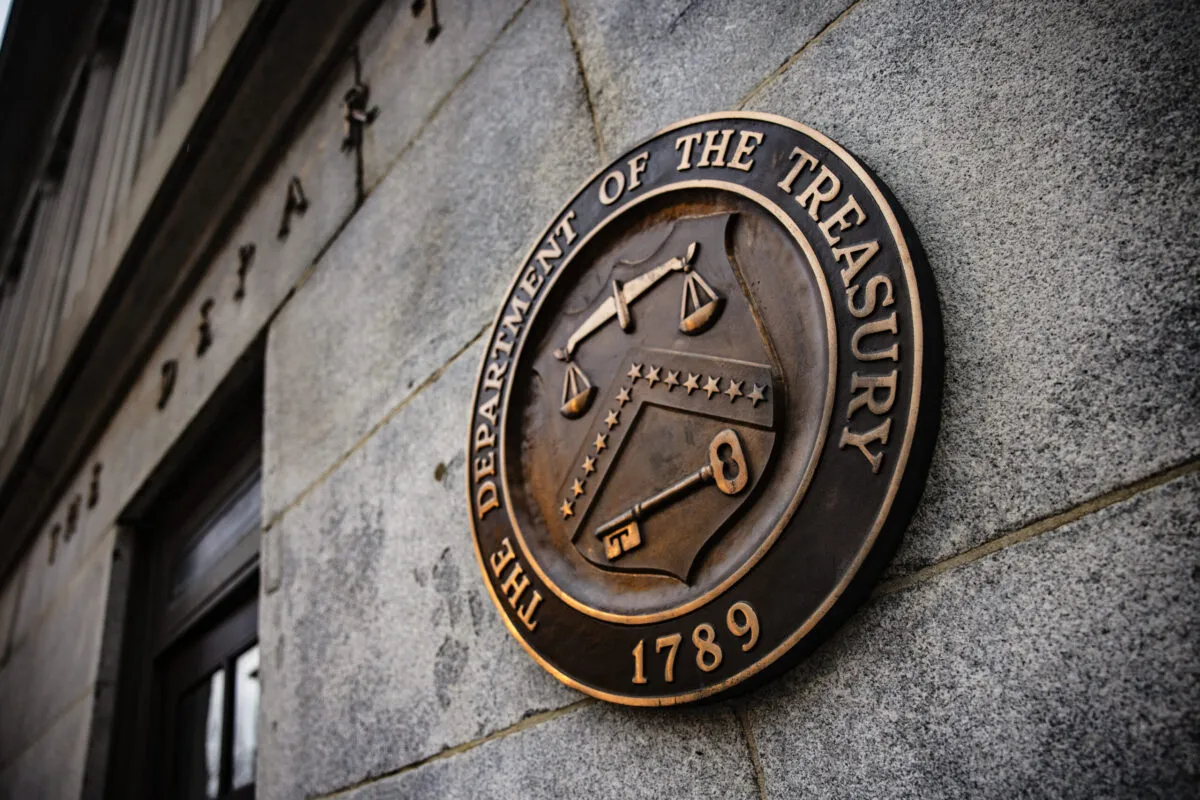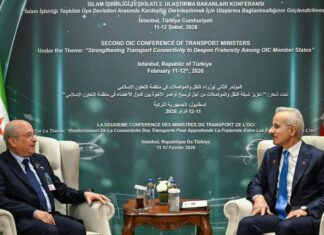
The Department of the Treasury (USDT) has intensified its campaign against Iran and its allied groups, imposing a new round of sanctions aimed at commercial networks supporting the Lebanese Hezbollah and Yemen’s Houthi group. The move is part of a broader effort to disrupt financial flows to these groups, which the US government accuses of destabilizing the Middle East.
In a statement released Thursday, the USDT announced sanctions against six companies, one individual, and three ships. These entities are accused of facilitating the shipment of Iranian oil and liquefied petroleum gas (LPG) to Yemen and the United Arab Emirates (UAE) on behalf of a network linked to Saeed Al-Jamal, a key financial official for the Houthis. Jamal, who operates under the support of the Quds Force of the Iranian Revolutionary Guard Corps (IRGC), has been a focal point of US sanctions efforts.
According to the USDT, the targeted network has generated substantial revenue used to finance Houthi activities, including attacks on international shipping in the Red Sea and strikes on civilian infrastructure. “We will continue to use all available tools to deprive the Houthis of the funds necessary to carry out these reckless attacks,” the statement read.
The sanctions also extend to a Hong Kong-based company, Kai Heng Long Global Energy Limited, which was identified as a key player in shipping Iranian LPG valued at tens of millions of dollars to Hezbollah. This company’s assets, along with those of four of its ships, have been frozen.
Saeed Al-Jamal was also added to the sanctions list for his role in supporting the IRGC’s Quds Force. Since October 2007, the IRGC has been designated under US sanctions for providing material support to various “terrorist” organizations, including Hezbollah.
Under the new sanctions, all properties and interests in the property of the designated individuals and entities within the US or in the control of US persons must be blocked and reported to the Office of Foreign Assets Control (OFAC). Additionally, US persons are generally prohibited from engaging in transactions involving these blocked properties, unless authorized by OFAC.
On Friday, August 30, the US took further action by imposing visa restrictions on 14 Assad regime officials. The State Department cited their involvement in the suppression of human rights in Syria, particularly enforced disappearances, as the reason for the sanctions. This measure adds to the restrictions previously imposed on 21 other regime officials and their families earlier this year.
In a statement marking the International Day of the Victims of Enforced Disappearances, the State Department condemned the Assad regime’s use of arbitrary detention and enforced disappearance as tools of repression. “More than 96,000 men, women, and children remain forcibly disappeared by the regime to this day,” the statement read. “The United States stands in solidarity with the victims and their families and will continue to promote accountability for these brutal violations.”
These coordinated sanctions are part of the Biden administration’s broader strategy to increase pressure on Iran and its regional proxies, aiming to curb their influence and disrupt their operations across the Middle East.








